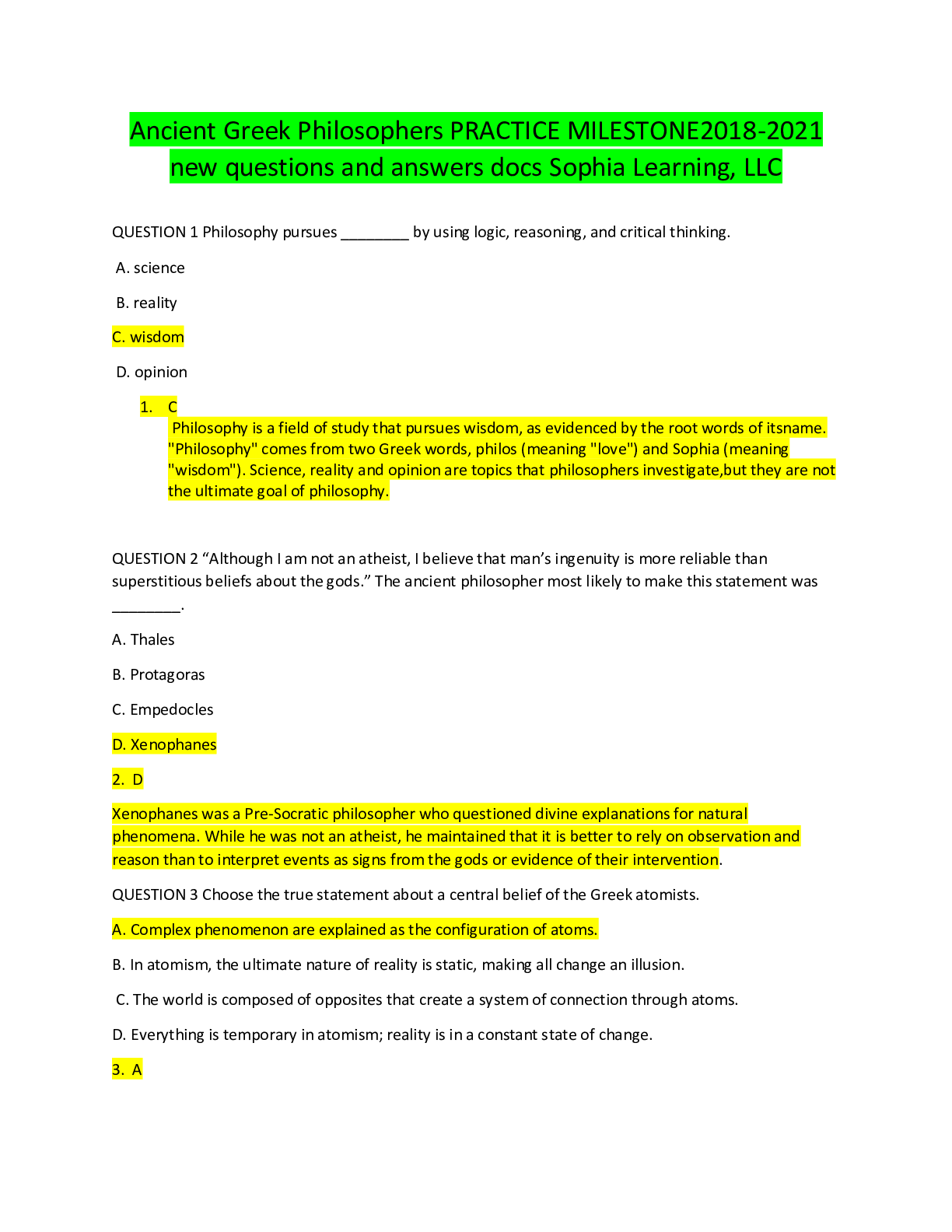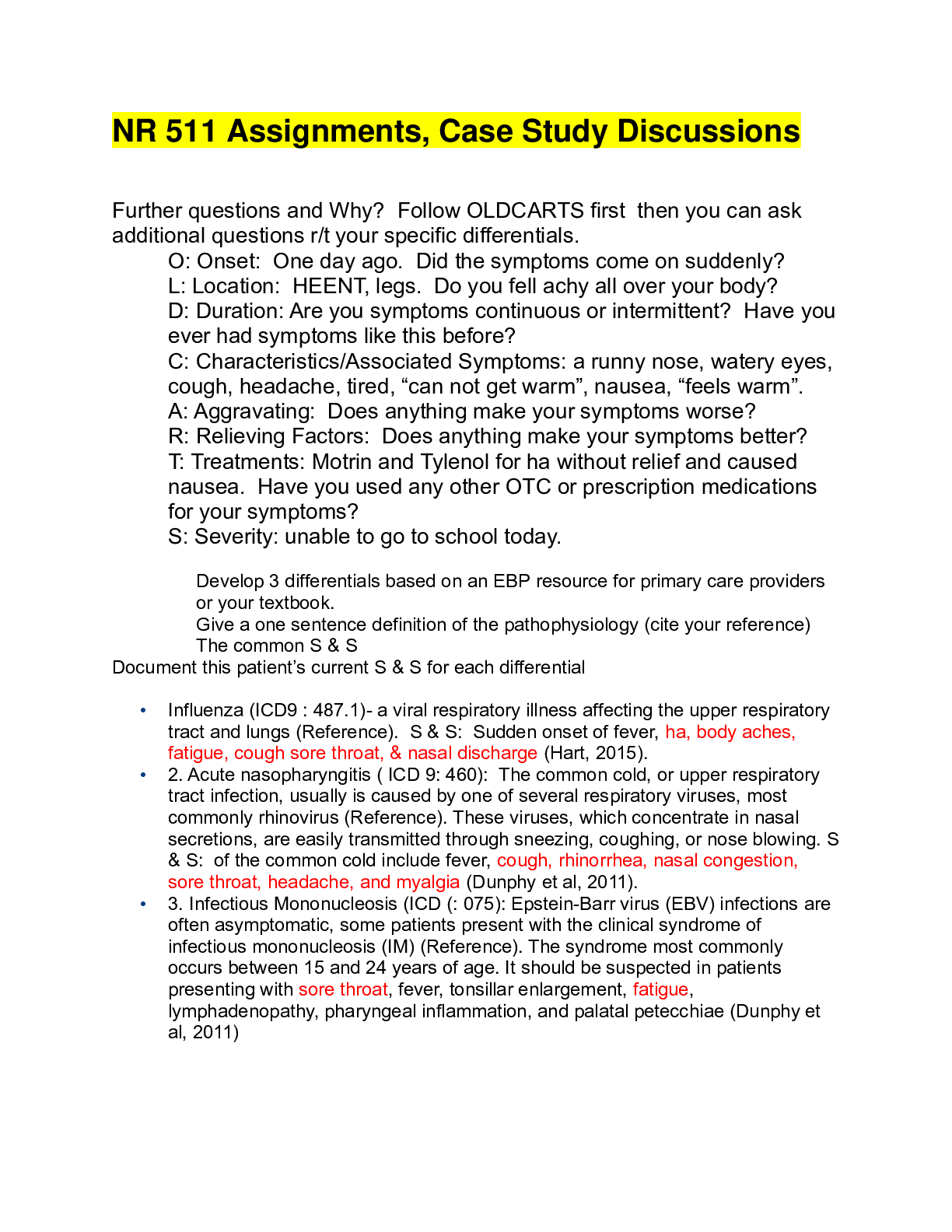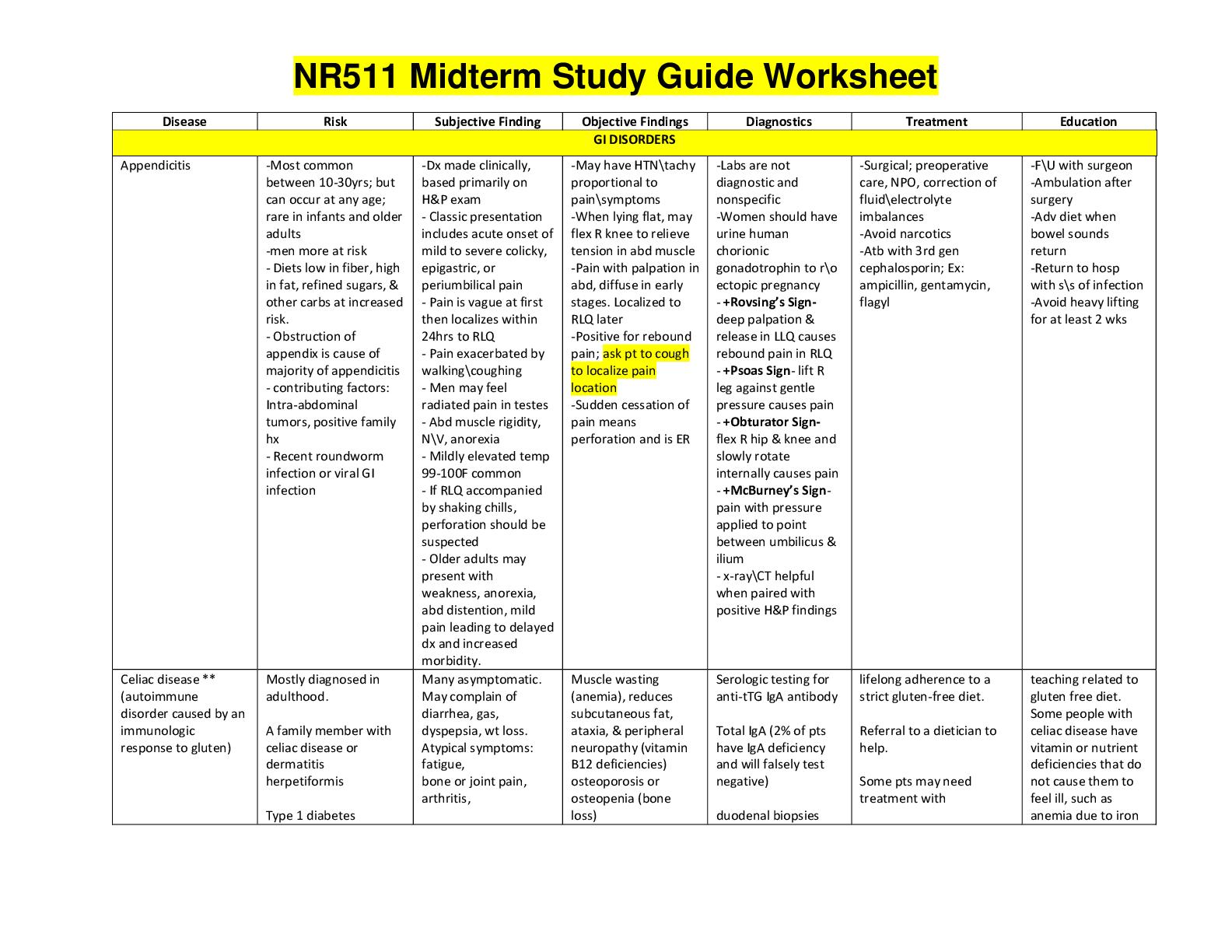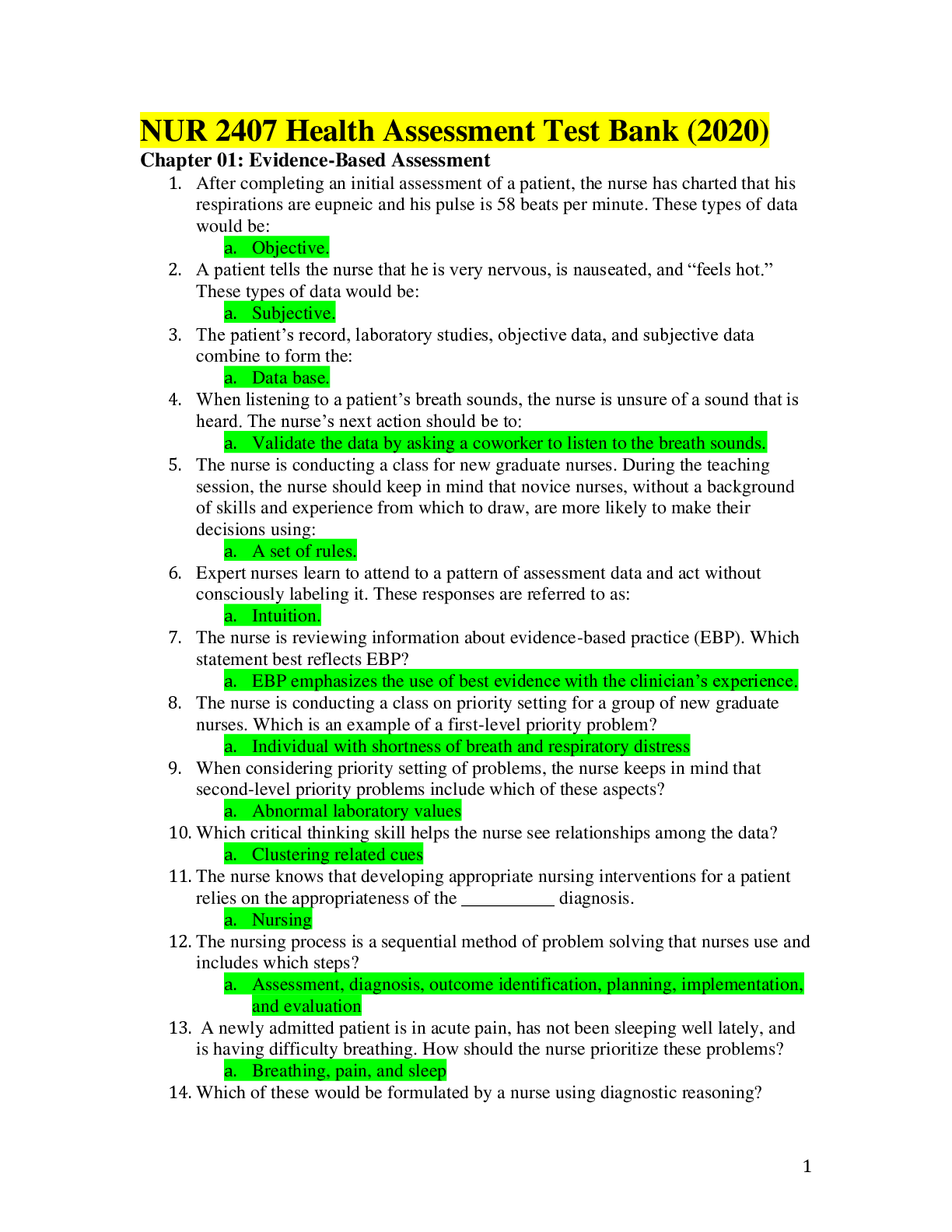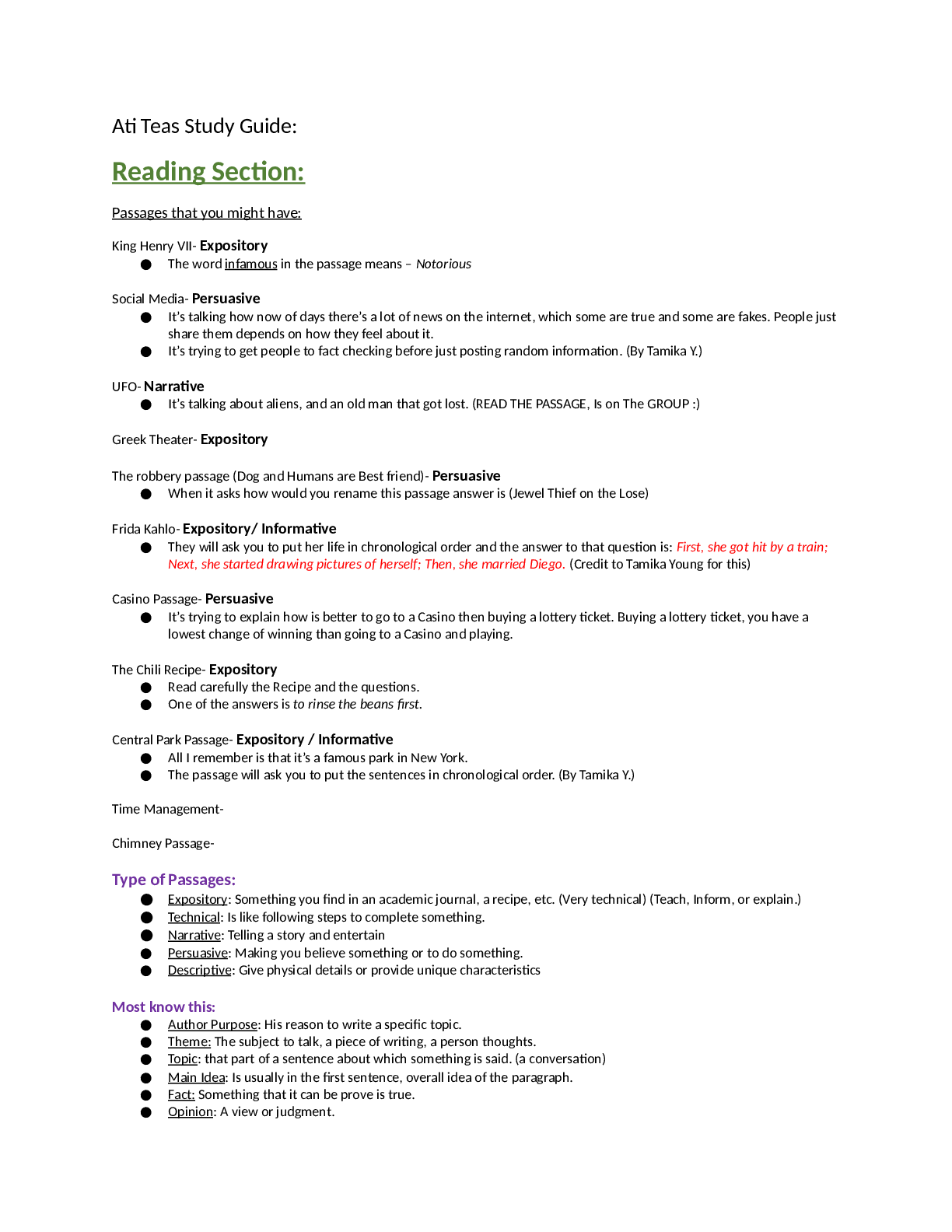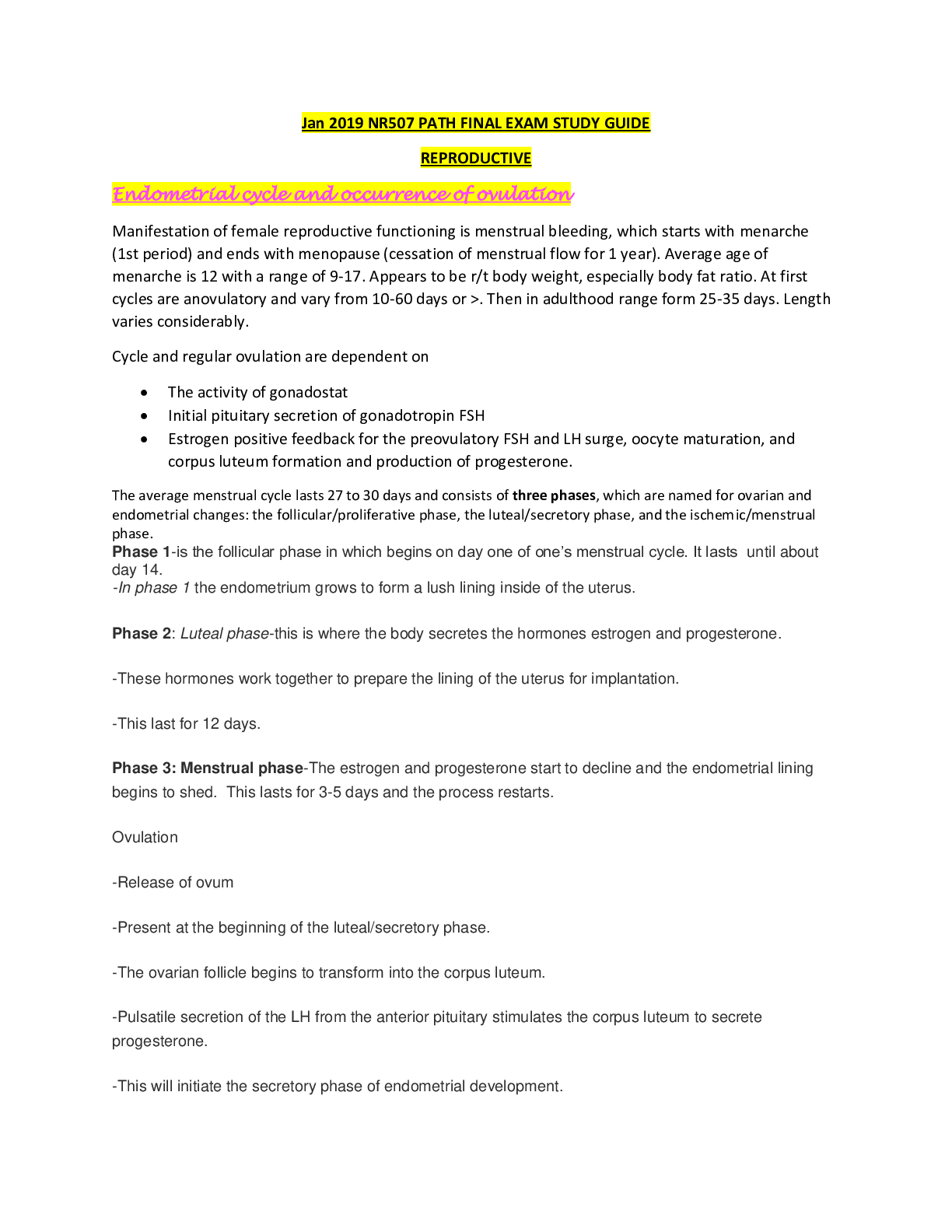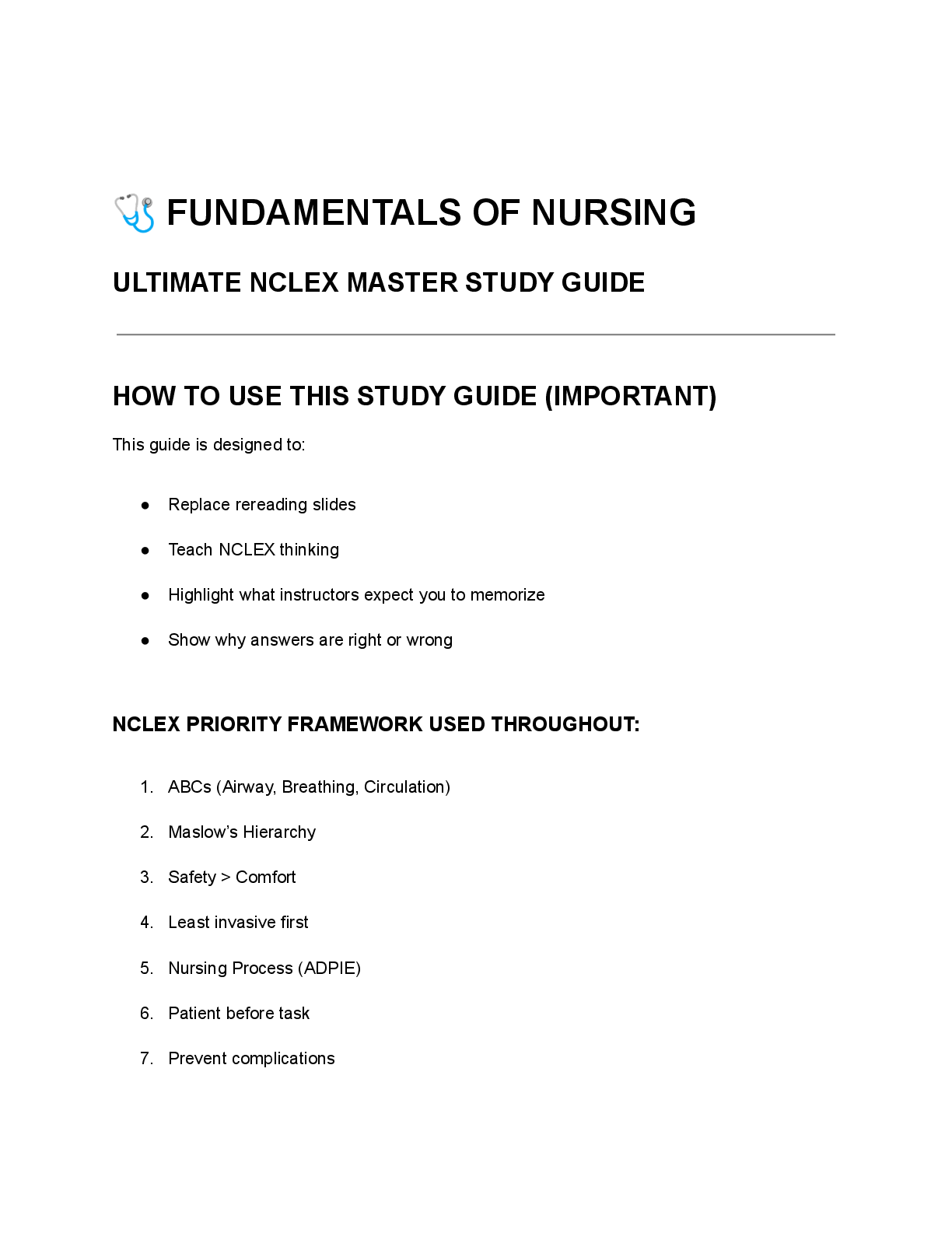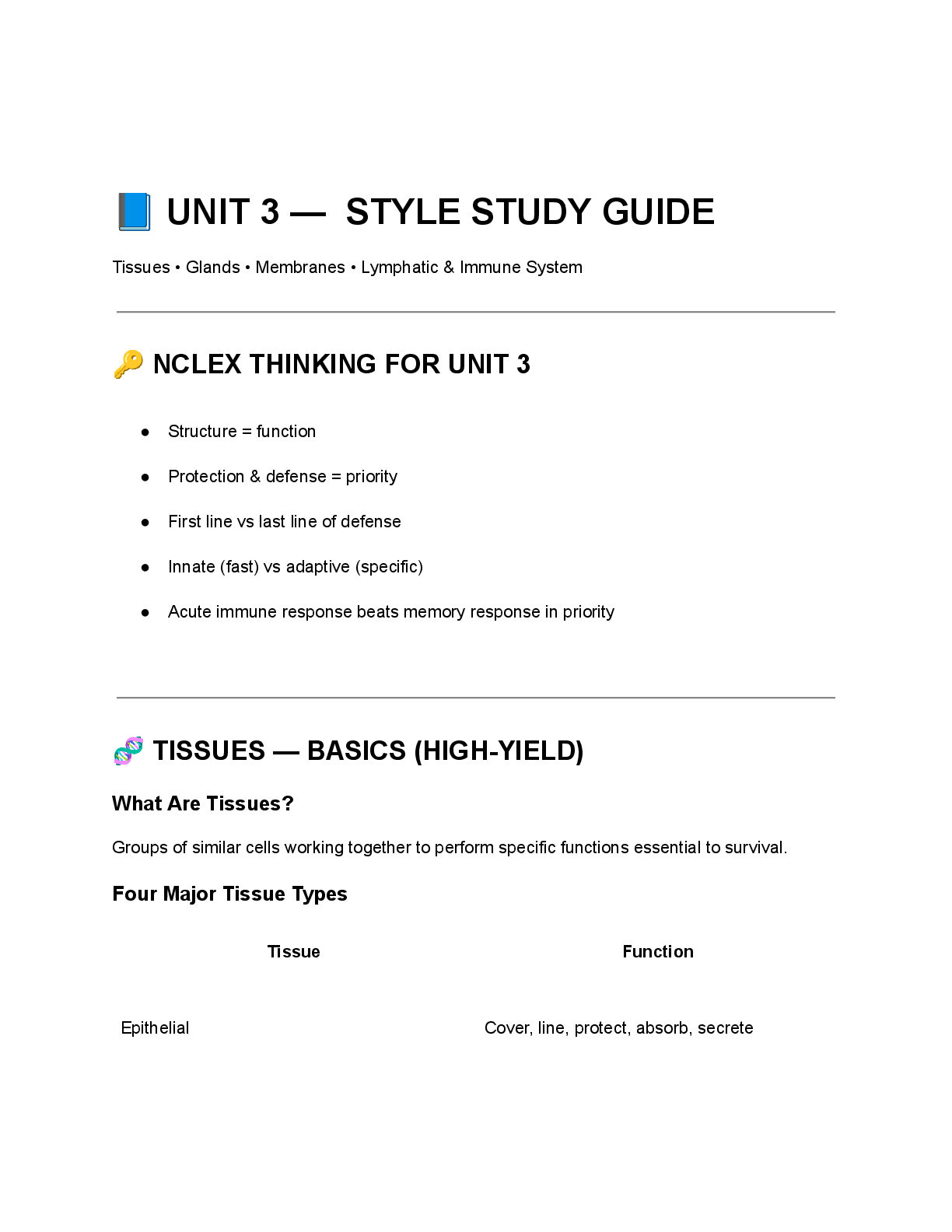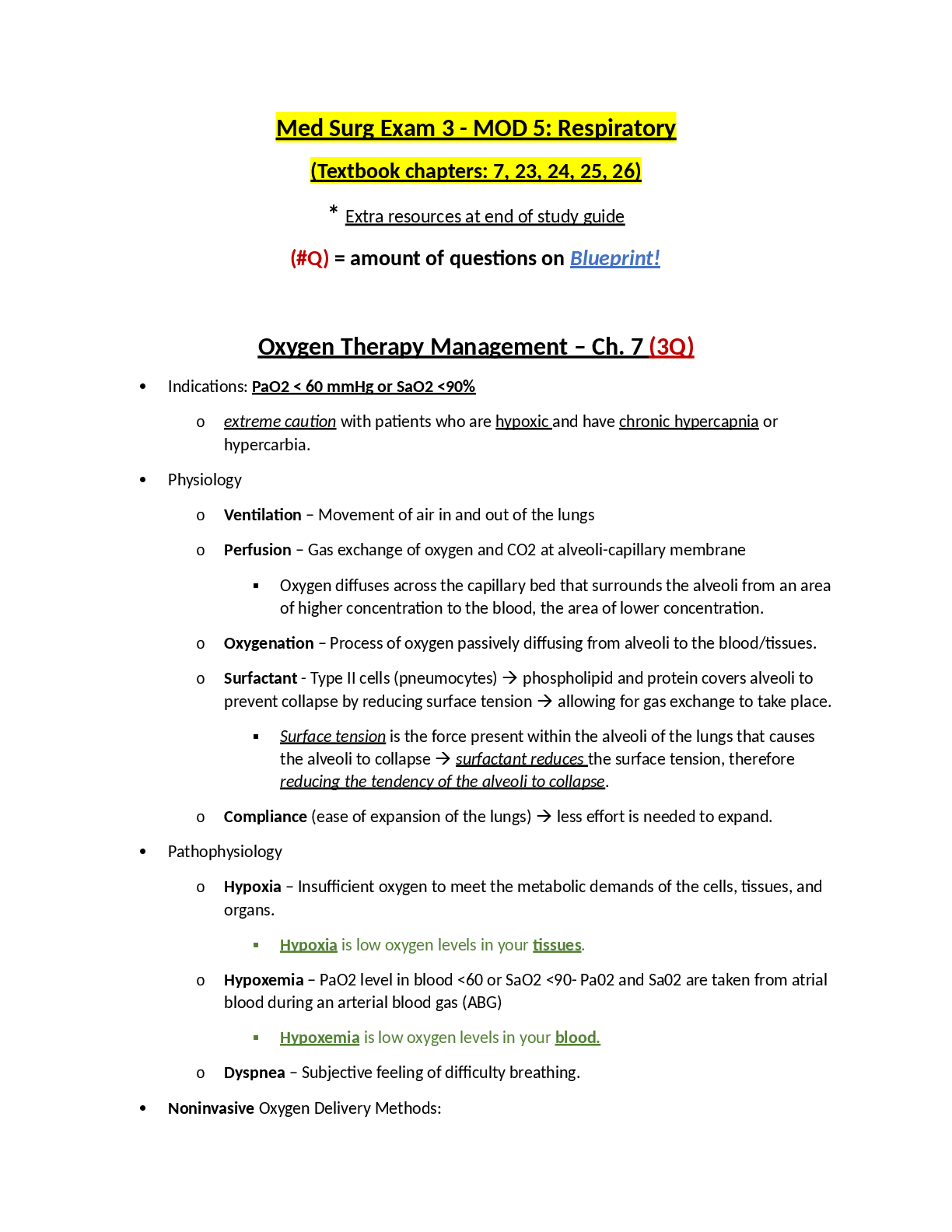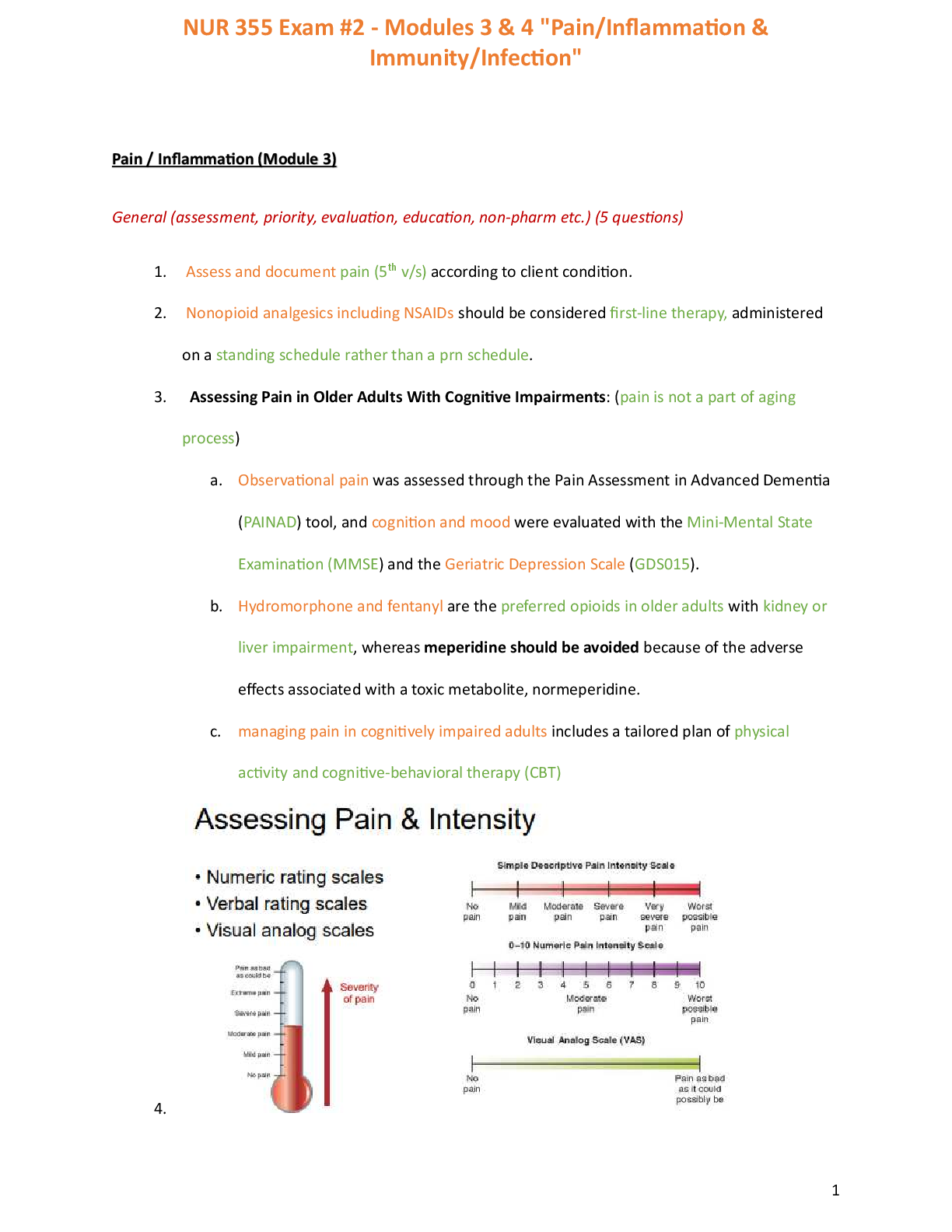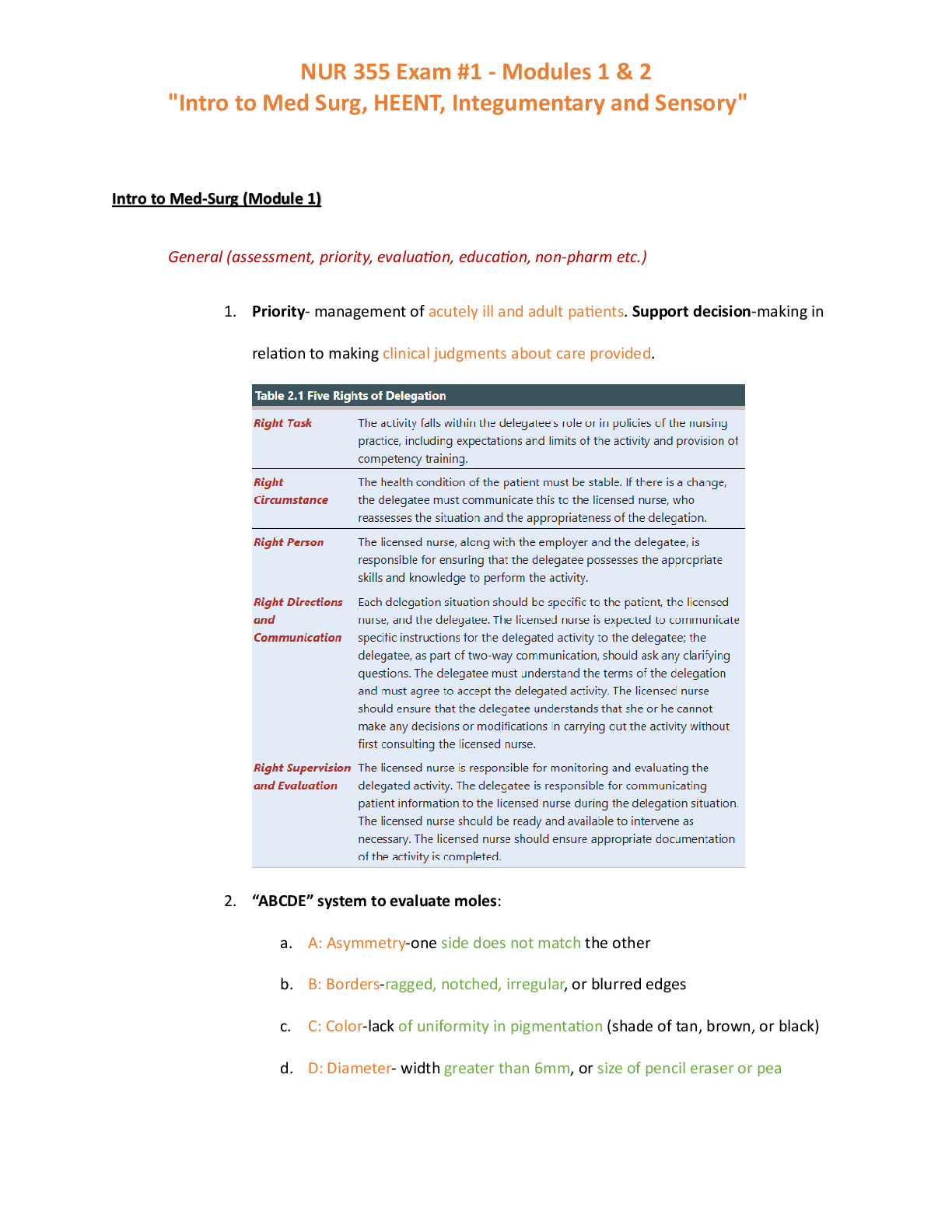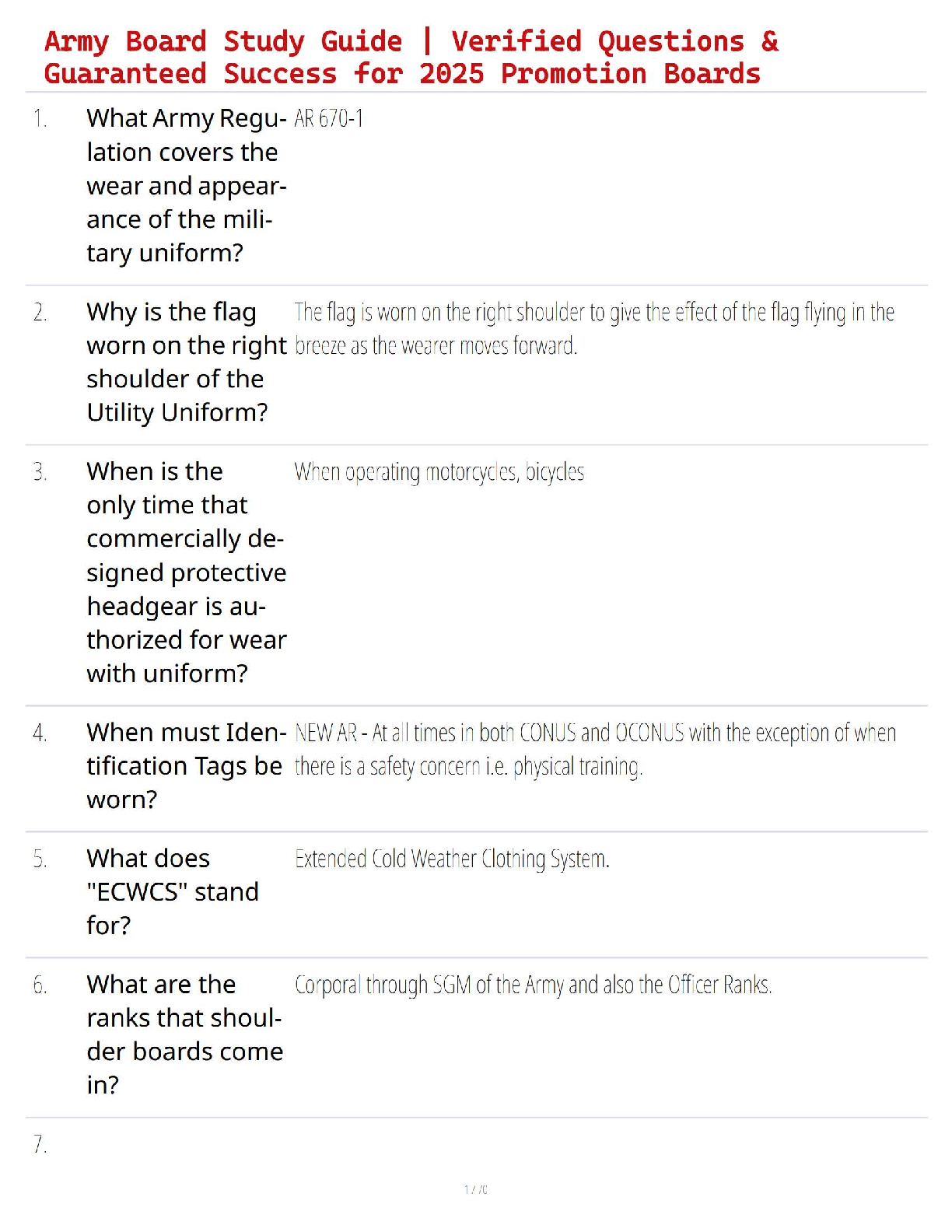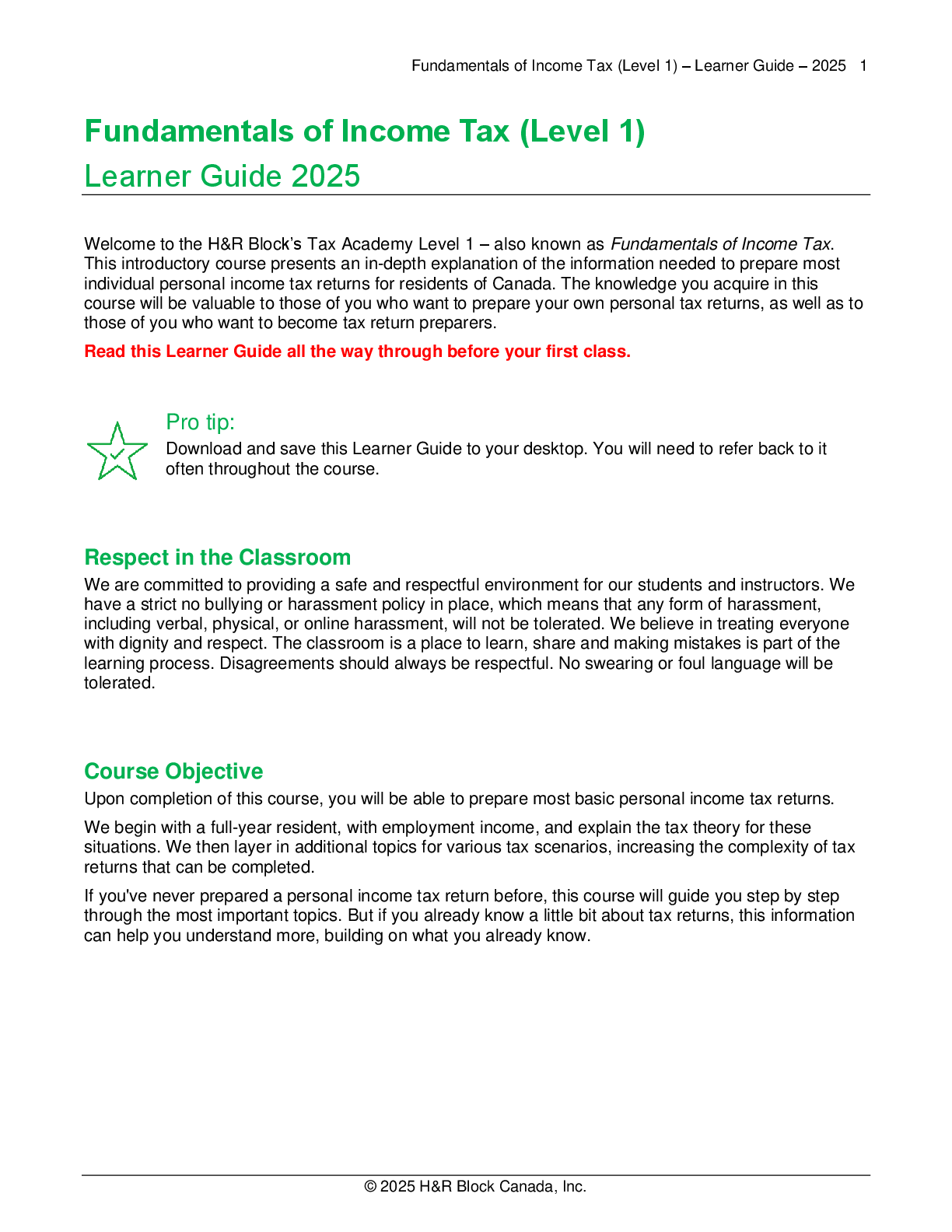Ancient Greek Philosophers PRACTICE MILESTONE Sophia
QUESTION 1 Philosophy pursues ________ by using logic, reasoning, and critical thinking.
A. science
B. reality
C. wisdom
D. opinion
QUESTION 2 “Although
...
Ancient Greek Philosophers PRACTICE MILESTONE Sophia
QUESTION 1 Philosophy pursues ________ by using logic, reasoning, and critical thinking.
A. science
B. reality
C. wisdom
D. opinion
QUESTION 2 “Although I am not an atheist, I believe that man’s ingenuity is more reliable than superstitious beliefs about the gods.” The ancient philosopher most likely to make this statement was ________.
A. Thales
B. Protagoras
C. Empedocles
D. Xenophanes
QUESTION 3 Choose the true statement about a central belief of the Greek atomists.
A. Complex phenomenon are explained as the configuration of atoms.
B. In atomism, the ultimate nature of reality is static, making all change an illusion.
C. The world is composed of opposites that create a system of connection through atoms.
D. Everything is temporary in atomism; reality is in a constant state of change.
QUESTION 4 All of the statements are central themes of Parmenidean metaphysics, EXCEPT:
A. The universe is one, unchanging entity.
B. The opinions of mortal men are universally unreliable.
C. The Parmenidean worldview contradicts the world we are familiar with.
D. The world we sense is genuine.
QUESTION 5 Heraclitus went further than his predecessors by considering reality from an entirely human point of view. He claimed that there is one true reality, which he called ________.
A. Ethos
B. Logos
C. the Unity of Opposites
D. the Doctrine of Flux
QUESTION 6 Choose the statement that describes how Socrates’ approach to philosophy differed from previous approaches.
A. Socrates focused on ethics, as well as concepts and methodologies of knowledge.
B. Socrates’ ideas influenced the growth of the natural sciences.
C. Socrates believed that all living things were ordered and governed by universal laws.
D. Socrates claimed that man could never know whether the gods exist or not.
QUESTION 7 Choose the FALSE statement about the philosophical value of the Socratic Method.
A. Existing knowledge is the basis for new knowledge.
B. Truth is discovered through reasoning.
C. Students understand why the answer is what it is.
D. The teacher imparts knowledge based on experience.
QUESTION 8 Budapest is a city in Hungary. Roland was born in Budapest. Therefore, Roland was born in Hungary. Assuming that both premises are true, evaluate the argument and determine which of the answer options describes it.
A. Deductive, valid, sound
B. Deductive, invalid, unsound
C. Inductive, strong, cogent
D. Inductive, weak, uncogent
QUESTION 9 Choose the FALSE statement about the Apology.
A. Socrates was charged with denying the gods and corrupting the youth of Athens.
B. Socrates demonstrated that he was determined to live — and die — according to his philosophy.
C. Observing that death was either something or nothing, Socrates argued it was not to be feared.
D. Socrates claimed that if he had harmed others, it was unintentional and he regretted it.
QUESTION 10 Select the FALSE statement about the Crito.
A. Not all life has value; only the good life has value.
B. Crito is Socrates’ friend and wants to help him escape his punishment.
C. Death is something every man fears and tries to avoid.
D. Socrates says the opinion of many is less important than the opinion of one who has understanding.
QUESTION 11 According to Socrates in the Phaedo, why might a philosopher welcome death?
A. In death, he or she can find answers to the most important questions.
B. A philosopher's life has no value unless it is judged by those who have passed before.
C. It is only through the loss of the senses that the soul can find worldly truths.
D. Death is a continuation of the soul and the body seeking what is true and just.
QUESTION 12 In the Apology, Socrates makes the following statement: “But you have just admitted that the good do their neighbors good, and the evil do them evil. Now, is that a truth which your superior wisdom has recognized thus early in life, and am I, at my age, in such darkness and ignorance as not to know that if a man with whom I have to live is corrupted by me, I am very likely to be harmed by him; and yet I corrupt him, and intentionally, too….But either I do not corrupt them, or I corrupt them unintentionally; and on either view of the case you lie. If my offence is unintentional, the law has no cognizance of unintentional offences: you ought to have taken me privately, and warned and admonished me.” Extract Socrates' argument from the preceding excerpt, then choose the sentence that accurately restates the main premise of his argument.
A. If everyone else improves the youth and only I corrupt them, then the rest of the world has far greater influence than I.
B. Corruption of youth is either intentional, in which case I would harm myself by doing so, or unintentional, which is not a crime.
C. The afterlife will be ruled by true judges who will not fault or punish me for dedicating my life to pursuing wisdom.
D. The goal of rhetoric is to persuade, rather than to seek the truth. Winning at any cost is both unwise and unjust.
QUESTION 13 Several hours of heavy rain is a ________ condition for a wet yard. Choose the answer that correctly completes this sentence.
A. necessary, not sufficient
B. sufficient, not necessary
C. both necessary and sufficient
D. neither necessary nor sufficient
QUESTION 14 Plato believed that knowledge of reality is grounded in knowledge of ________.
A. Platonic Heaven
B. oneself
C. the Forms
D. metaphysics
QUESTION 15 Choose the FALSE statement about the metaphysical tenets of Plato’s Doctrine of the Forms.
A. Essences are real entities, not merely abstract thoughts.
B. Forms such as Goodness and Justice exist in the intellectual realm of Platonic Heaven.
C. To justify a belief in a thing, one must know the essence of the thing, which is its Form.
D. Forms exist co-dependently with the notions of truth and knowledge.
QUESTION 16 According to Plato’s Doctrine of Forms, can humans create a perfect square?
A. Yes, if the square is created in our minds.
B. Yes, if we use a ruler to produce perfectly straight lines.
C. No, because a perfect square exists only in Platonic Heaven.
D. No, because no two squares would be exactly the same.
QUESTION 17 Recall the similarities and differences between Plato's and Aristotle's philosophical methods.
Select the statement most likely to have been made by Aristotle, rather than by Plato.
A. “I search for truth with a scientific eye toward the world in front of me.”
B. “I begin my inquiries into knowledge in the realm of metaphysics.”
C. “My ultimate goal is wisdom through contemplating the Forms between knowledge and opinion.”
D. “I use logic and reason to find the best answers to questions man cannot answer independent of the world.”
QUESTION 18 Which statement about Aristotle’s metaphysics is FALSE?
A. Aristotle believed that ontology — the kinds of things that exist, and how they exist — was the first philosophy.
B. In order for a statement to be true, we must grant three qualities: a universal entity, a universal quality, and a particular.
C. Truth is achievable through pure reason, independent of experience.
D. Aristotle, unlike Plato, believed that the essence of a thing is located inside the thing, and does not exist independently.
QUESTION 19 Consider identifying the essence of a pencil. The first question Aristotle would ask is, “What kind of thing is it?” The answer might be: “A pencil is a writing utensil.”
Which question would Aristotle ask next?
A. What distinguishes a pencil from other writing utensils?
B. What is the substance that makes up a pencil?
C. How does the organization of this pencil reveal its purpose?
D. How does a union of form and matter create this pencil?
QUESTION 20 Select the statement that both Plato and Aristotle would agree is true.
A. Humanity is a genuine entity located within each human being.
B. Truth must be pursued using logic and reason rather than opinion and beliefs.
C. The Form of Humanity would exist even if there were no humans.
D. Truth must be arrived at empirically, by examining the world as it is.
QUESTION 21 Choose the FALSE statement about Aristotle’s ethics.
A. Something is good when it excels at its function.
B. The important question is “What kind of person should I be?”
C. Virtue is cultivated as a mean between extremes.
D. Ethics is determined by the consequences of the action.
QUESTION 22 Dolly was impressed with her new furnace. It kept the house at a comfortable temperature, was energy-efficient, and ran very quietly.
According to Aristotle’s ethics, this is an example of the ________.
A. Ethics of Virtue
B. Function Argument
C. Doctrine of the Mean
D. Doctrine of the Forms
QUESTION 23 Choose the FALSE statement about the ethics of Stoicism.
A. Focus only on those things that you can control.
B. Freedom lies in our reactions to the world, not in the world itself.
C. The desire for material things is natural and should be encouraged.
D. No good comes from becoming upset about things you cannot change.
QUESTION 24 Angie makes a New Year's resolution to start a diet. "Read this," her brother says, and gives Angie a book on Stoicism. Puzzled, she flips through the pages and begins to read.
Choose the statement that indicates how a Stoic approach to ethics can help Angie with her diet.
A. When coworkers bring candy to the office, she doesn’t have to eat it.
B. When she views thinness as a desirable virtue, she can achieve it.
C. She can judge the eating habits of her friends to eliminate her guilt when she overeats.
D. She can replace her desire for sweets with a desire for healthy food.
QUESTION 25
Nancy was talking with a friend about immigration in the U.S. Nancy believes that illegal immigration to the United States is harmful to the nation, and that anti-immigration laws should be strictly applied.
Choose the statement by Nancy that demonstrates an inconsistent belief.
A. “I will not buy vegetables from farmers who use migrant labor.”
B. “The United States will become a safe nation when all illegal immigrants are removed.”
C. “If they break the law to enter the country, it proves that they don’t respect our laws.”
D. “I hired an immigrant to landscape my yard for much less than my gardener demanded.”
[Show More]
